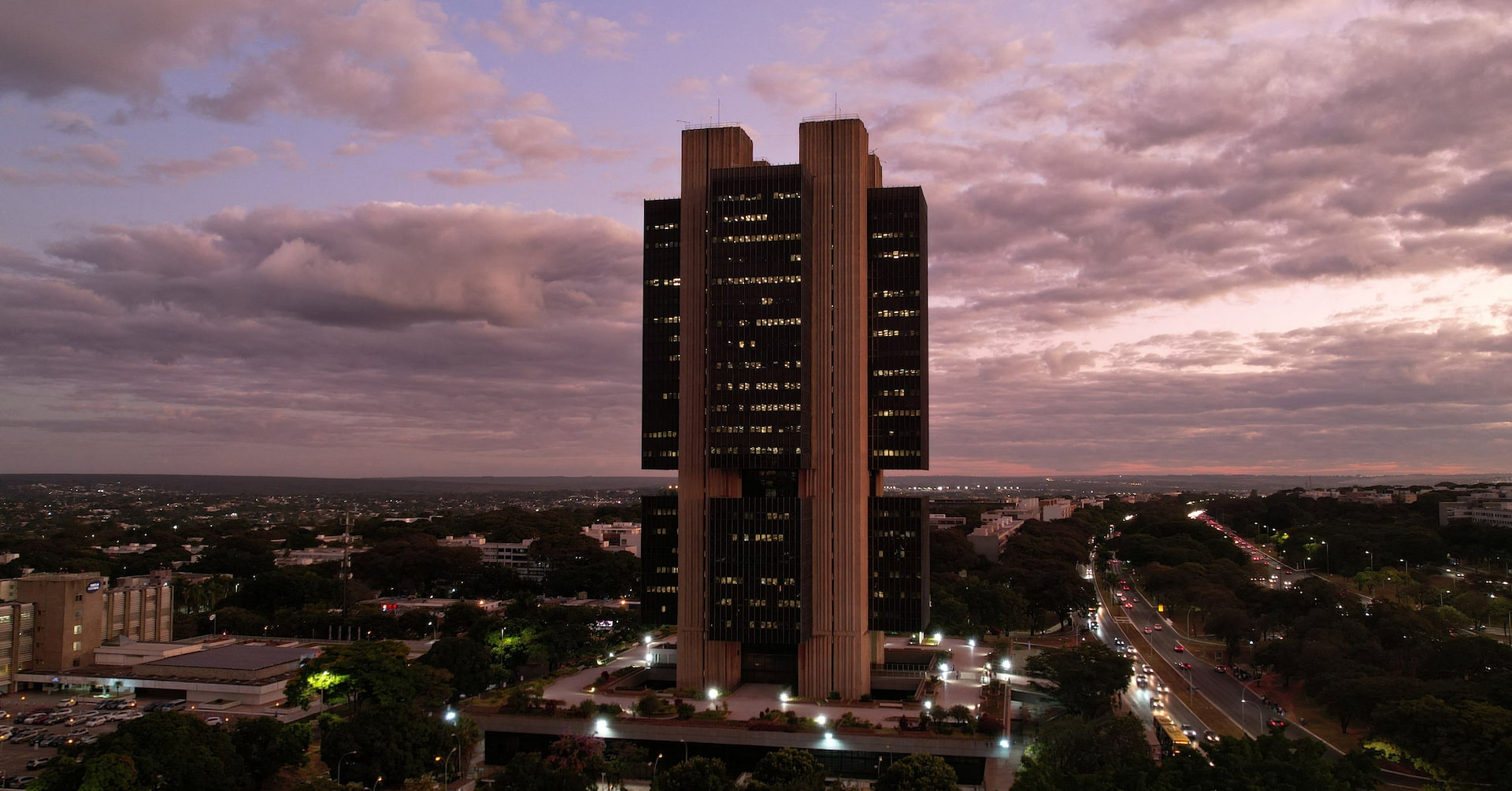Brazil’s economy expanded by 0.4% in the second quarter compared to the prior three months, according to official figures released on Tuesday, surpassing the 0.3% rise anticipated by analysts in a Reuters survey. Despite this positive outcome, the pace of growth slowed significantly from the upwardly revised 1.3% increase recorded in the first quarter, when strong agricultural output provided a boost. The data, published by statistics agency IBGE, highlights resilience in the services sector and gains in extractive industries as key drivers of the current quarter’s performance. n nServices, which represent roughly 70% of the nation’s GDP, grew by 0.6%, supported by a solid labor market. Industrial activity edged up 0.5%, with extractive industries surging 5.4%, while agricultural production dipped slightly by 0.1%. n nHousehold spending increased by 0.5%, continuing to benefit from government policies aimed at maintaining wage growth under President Luiz Inacio Lula da Silva, although this marked a notable slowdown from the 1.0% rise seen in the first quarter. Investment, measured by gross fixed capital formation, declined by 2.2%, weighed down by elevated borrowing costs. Government consumption also fell, decreasing by 0.6%. n nOn a year-on-year basis, GDP rose 2.2%, aligning with market expectations. Gustavo Rostelato, economist at Armor Capital, observed that while the figures slightly exceeded forecasts, they revealed an ongoing moderation in consumer demand without introducing major surprises. n nLiam Peach, senior emerging markets economist at Capital Economics, suggested that the softer expansion supports a more favorable inflation trajectory, potentially enabling the central bank to initiate rate cuts toward the end of the year. He projected quarterly growth of approximately 0.3% going forward, with full-year 2025 growth at 2.3% and below 2.0% in 2026. n nThe central bank has maintained its benchmark rate at 15%, a level not seen in nearly two decades, after raising it by 450 basis points since September. Officials have indicated a prolonged hold on this restrictive stance to manage inflation, even as economic momentum shows signs of cooling across various sectors. n nIn response to the latest data, the Finance Ministry acknowledged a downward tilt in its 2024 growth outlook, revising from 2.5%, citing the sharper-than-expected slowdown in Q2 and the delayed impact of tighter monetary policy, following last year’s 3.4% expansion. n— news from Reuters
— News Original —
Brazil’s economy slows sharply in second quarter but still beats forecasts
BRASILIA, Sept 2 (Reuters) – Brazil ‘s economy lost momentum in the second quarter but still outperformed market expectations, driven by resilient services activity and gains in the extractive industry, official data showed on Tuesday. n nGross domestic product in Latin America ‘s largest economy grew 0.4% in the April-to-June period from the previous quarter, statistics agency IBGE said, above the 0.3% expansion expected by economists in a Reuters poll. n nSign up here. n nThat reading marked a steep slowdown from the revised 1.3% growth reported for the first quarter, when seasonal farm output boosted performance in the agricultural powerhouse. n nGustavo Rostelato, an economist at Armor Capital, said that despite a slight upside surprise, the GDP data provided few new elements, showing a gradual slowdown in household consumption. n nOn a year-over-year basis, GDP expanded 2.2%, in line with expectations in the Reuters poll. n nLiam Peach, a senior emerging markets economist at Capital Economics, said weaker Brazilian growth supports an improving inflation outlook that is likely to continue in the coming quarters, creating room for the central bank to begin cutting interest rates around the end of this year. n n”Overall, we expect GDP growth of around 0.3% q/q in the coming quarters, with full-year growth for 2025 at 2.3%, and below 2.0% next year,” he noted. n nBrazil ‘s central bank has lifted its benchmark interest rate by 450 basis points since September to 15%, near a two-decade high, and held that rate steady in July. n nPolicymakers signaled plans to maintain this stance for a “very prolonged” period to curb inflation as the domestic economy shows signs of moderating growth amid mixed data across sectors and indicators. n nFollowing the release of the data, the Finance Ministry flagged a slight downward bias to its 2.5% growth forecast for this year, after the 3.4% expansion recorded in 2024, citing a sharper-than-expected second-quarter deceleration and the lagged effects of monetary tightening. n nHousehold consumption rose 0.5% in the second quarter from the previous quarter, supported by measures from President Luiz Inacio Lula da Silva ‘s government to sustain wage gains, though growth slowed sharply from a 1.0% increase in the previous quarter. n nInvestments as measured by gross fixed capital formation fell 2.2% in the second quarter after driving growth in the first quarter, pressured by high borrowing costs. n nGovernment consumption declined 0.6%. n nOn the supply side, services, which account for about 70% of Brazil ‘s GDP, expanded 0.6% from the prior three months, underpinned by a robust labor market. n nIndustrial production rose 0.5%, helped by a 5.4% increase in extractive industries, and farming output slipped 0.1%. n nReporting by Marcela Ayres; Editing by Andrew Heavens, Bernadette Baum and Paul Simao
